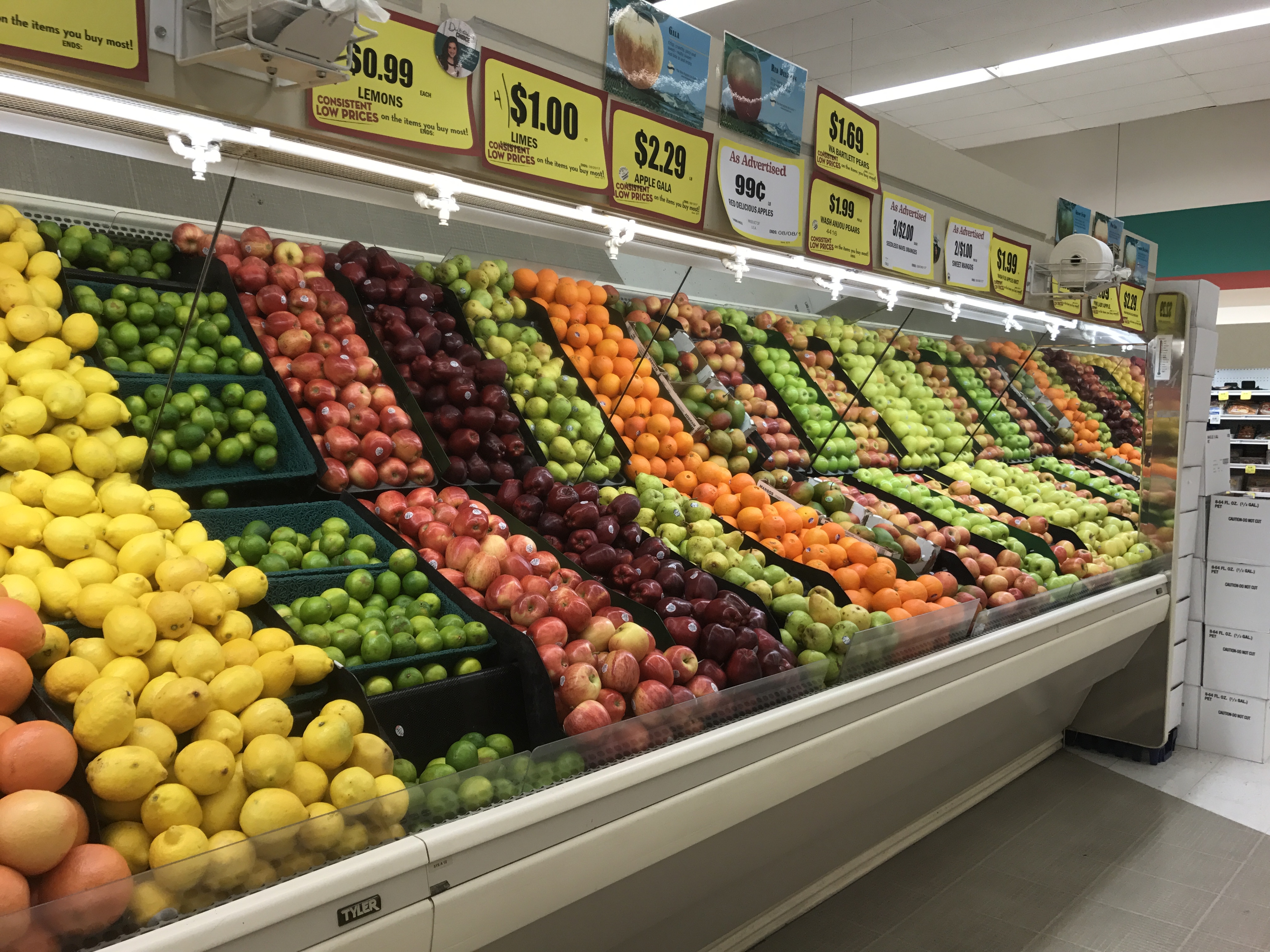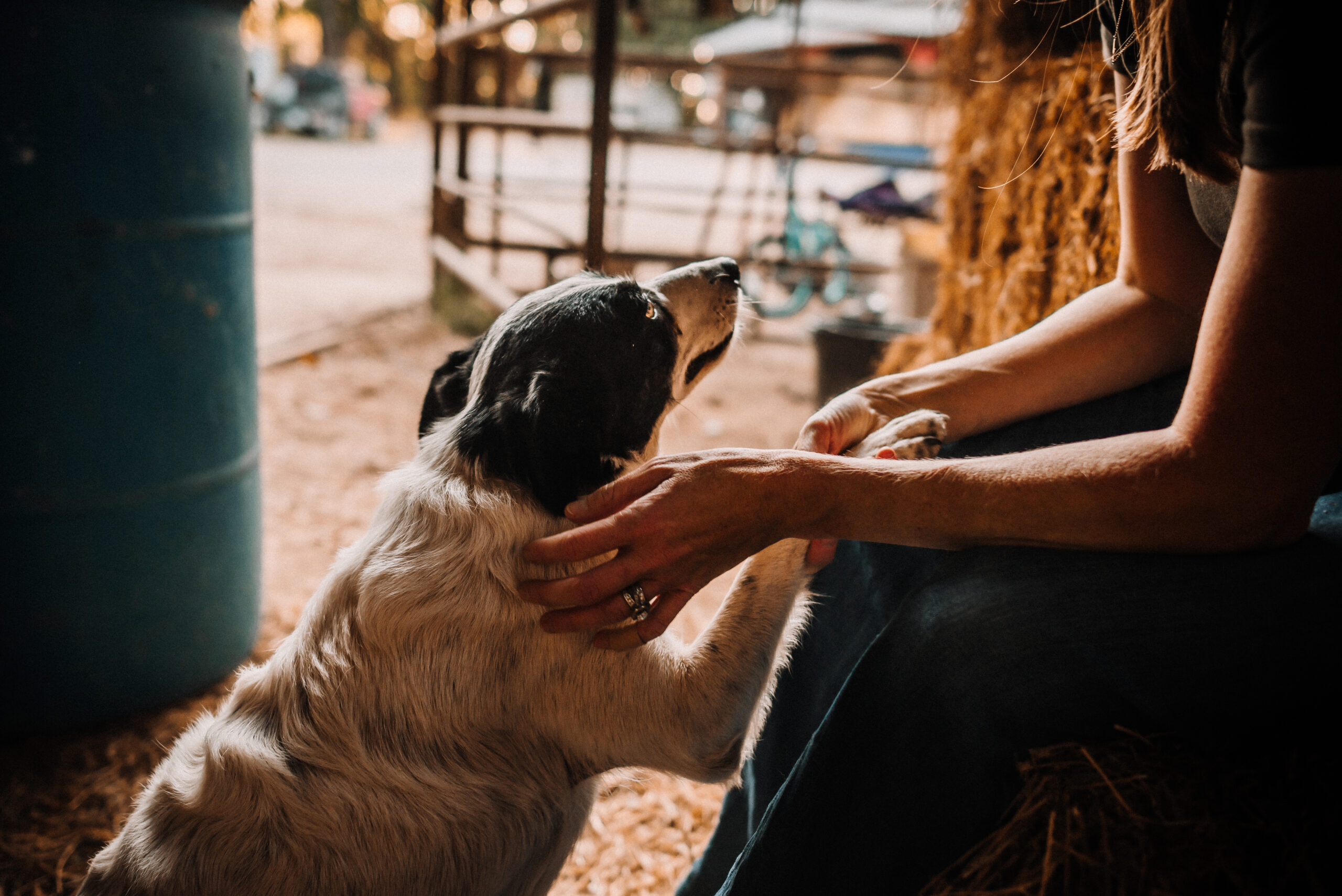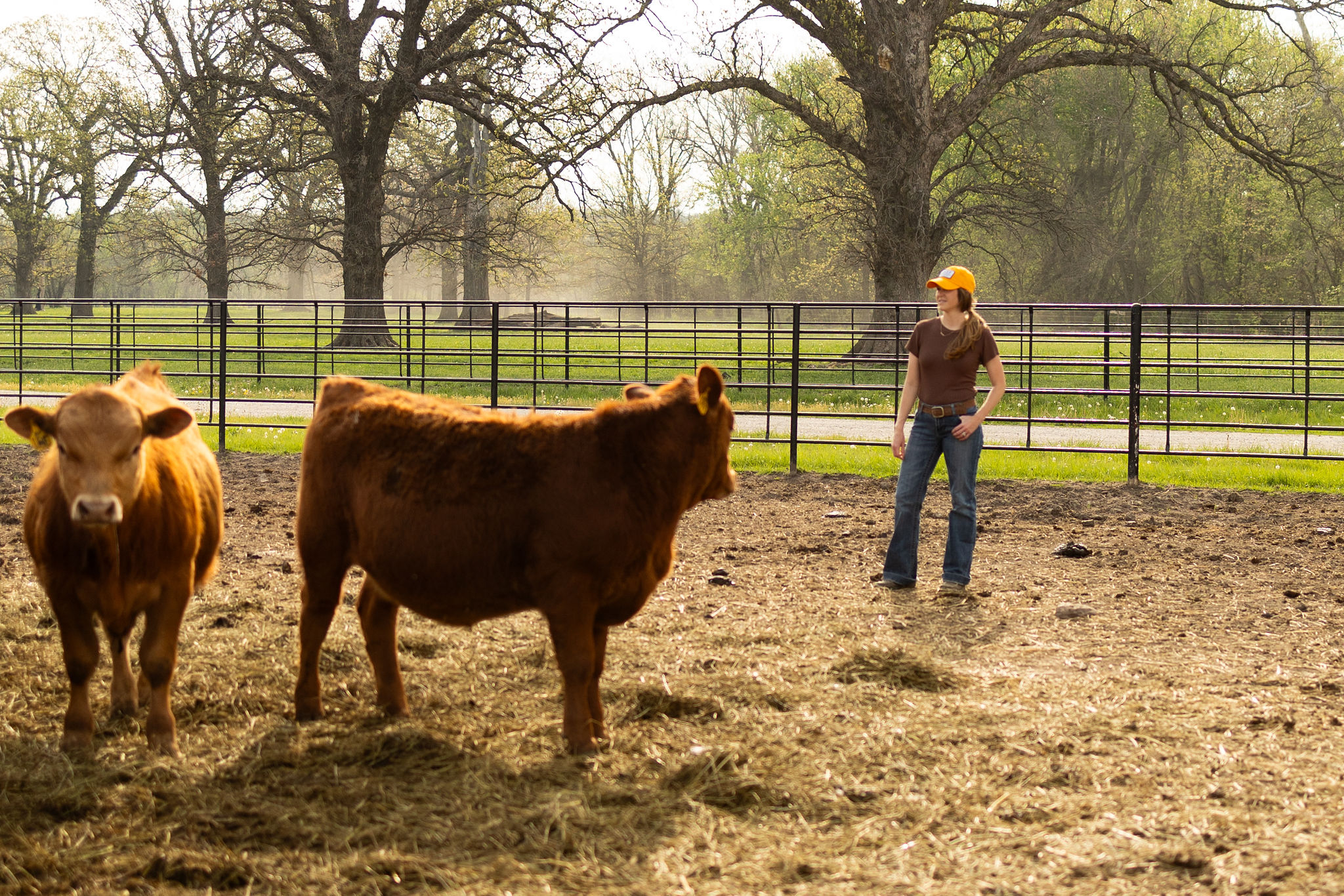Forty-percent of our U.S. food supply is wasted every year. Welcome to #firstworldproblems101.

Bin after bin of apples and oranges – how many will be bruised and thrown away?
Think about it, you find a bruised or dented apple in the bin at the grocery store. Do you pick it up or leave it there for someone else? If you’re being honest, you leave it there for the next shopper. And then she does the same thing. So on and so forth until that apple is too old and the bruising is devastating. Into the trash it goes to contribute to the staggering U.S. food waste problem.
Now, think about your refrigerator. I would bet a Benny that your crisper drawer has a moldy peach, wilted lettuce, too-ripe avocado or slimy tomato lurking within. Guess what – that’s food waste too! The water, land, fertilizer and time that was used to grow that produce has now been wasted, as has the caloric nutrition.
Based on this evidence, don’t we want to develop any scientific methods possible in order to reduce food waste and allow farmers and ranchers to grow more food with fewer inputs? As a rancher, I do my best to choose the best genetic pairings that will allow our calves to grow quickly using as little feed and hay as possible. And I know many of my corn, soybean and tomato farmer BFFs in Ohio employ every scientific method in the book to grow and harvest perfect fruit and veg while using less fertilizer, land and water. We should be proud of efficiency and technology that affords us the most abundant and safest food supply in the world.
That’s why WE NEED GMOs – they help reduce food and water waste in both developing and developed countries. They are more efficient and allow farmers to harvest higher yields using the same amount of inputs, or less.
Take for example the scrumptious potato. Did you know potatoes that are bruised during transport and storage contribute to 400 MILLION POUNDS of food waste every year? That’s where the Simplot GMO potato comes in – it is genetically engineered to bruise and brown less which saves millions of pounds of food waste annually. Additionally, the GMO Simplot potato reduces pesticide use AND has less acrylamide in it, which is a naturally-occurring compound in potatoes that can have health implications.
Furthermore, in developing countries where food waste occurs more often in the supply chain that at the retail level, GE traits such as insect resistance, can drastically increase yields using the same amount (or less) of resources such as land and water. Now look me in the eye and tell me you don’t think the GMO potato is downright awesome can help feed hungry people around the world. Did I mention this is the Simplot potato? Not Monsanto – just making sure you’re all aware that other companies besides Monsanto develop GMO products.
If you thought the potato was awesome (as you should), you’re gonna love the Arctic apple. The Arctic apple is non-browning. Did that just blow your mind? Say adios to a brown, gross apple 32 seconds after you bite into it. You can have a crunchy, yummy apple experience all through snack time. Furthermore, fewer brown apples means fewer thrown in the trash. In 2010, the average American threw away 17 apples, which led to 1.7 million pounds of food waste. Just from apples. I feel the need to say it again: #firstworldproblem. There are innumerable farmers in developing countries that are struggling to produce enough food to feed their family more than one meal per day and WE ARE THROWING AWAY 40% OF OUR FOOD SUPPLY.
[bctt tweet=”Farmers in developing countries struggle to put food on the table, while U.S. families THROW AWAY 40% OF OUR FOOD” via=”no”]
I’ve written before about the food waste problem in the U.S. and how I’m ashamed of our wastefulness. I promise you, I will keep writing about it and keep working with my family to reduce the food waste in our household because I care about our planet. Part of my journey to less food waste includes purchasing Arctic apples and Simplot potatoes because I believe in the technology and science that says:
- GMOs are safe
- They help reduce food waste, worldwide
- GMOs allow farmers to use fewer resources such as land, water and fertilizer
- They contribute to increased yields
- GMOs are safe
I hope you’ll challenge yourself to address the food waste in your home and give these GMOs foods a chance because they are tested, proven safe and can help our fellow humans around the globe.
Until next time,
~ Buzzard ~
You can get automatic posts in your inbox by signing up on the homepage in the right side pane. I never use your email address for marketing purposes, only post delivery.





